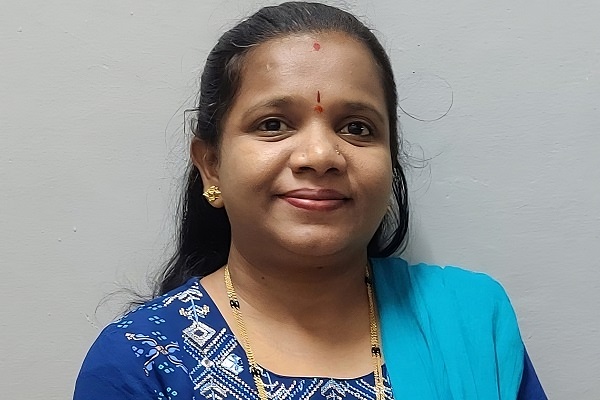Dr BASAVARAJESWARI B responds to ThinkWellness360 questionnaire.
Why and how did you think of becoming a doctor?
My father always dreamt of seeing me in a position of respect and service. He strongly believed that a doctor’s profession juxtaposed compassion with responsibility and respect. His vision became my purpose; I strive every day to live up to that ideal too.
What made you think of, study and specialise in the system of medicine you now practice?
During my graduation, I was deeply drawn to panchakarma — which is more than just a subject. It is, indeed, the very essence of Ayurveda, offering profound therapeutic benefits. This connection and passion guided me to specialise in it — with a cogent, natural intent.
What has been your personal and professional experience as a doctor?
Being a doctor has elevated my position within my family, allowing me to contribute not only as a caregiver, but also as a source of strength and guidance in matters of health and well-being. From the professional perspective, it has been an incredibly rewarding journey, earning me respect and recognition in the community.
What unique and special skills you think you have that has made the big difference for your patients?
I reckon that it’s primarily the sincere manner in which I connect with my patients. I believe in the power of empathetic listening. This creates a safe space for them to express their pain and health concerns.
What is your best definition of optimal wellness and why?
Optimal wellness is where the mind is at peace, the body is vibrant, and social connections flourish — when all these dimensions work together, it empowers us to lead a healthy, purposeful and enriching life.
Your ‘best’ case?
A patient came to hospital, during my early days as a doctor, with pain in his lower back which was radiating to the left leg. He had taken treatment in an allopathy hospital, but he did not get any relief. I ordered siravyadha — a mode of bloodletting. He was relieved of his nagging complaint in quick time. I recall the happiness on his face even today.
Your ‘not-so-good’ case?
For a patient suffering with adogha amlapitta [hyperacidity] I planned virechana [detoxification] and snehapana [oleation] with sukumara ghrita [medicinal ghee]. On Day One, it was all good. On Day Two, she was good, but at midnight she became restless with severe giddiness. Her daughter called me and said, “since nobody was there with them,” it’d be best if I’d visit their home and treat the patient. I spoke to my college principal — since I just could not just go for some reason — and, I told him everything about the case. He was kind enough to visit the patient’s home and give her treatment. He was at the patient’s bedside till morning — by which time she felt better.
What appeals to you the most?
Seeing a smile on my patient’s’ face. There’s no greater reward for me than helping improve their quality of life and being a part of their journey towards better health.
What annoys you the most?
When students disrupt the flow of a lecture.
Your favourite book?
The Magic of Thinking Big by Dr David J Schwartz, PhD.
Your favourite joke?
Why was the maths book ‘sad’? Because, it had too many problems.
Your favourite song?
All S P Balasubrahmanyam songs are the core part of my ‘favourite list.’
Your favourite movie?
Suryavamsha [Kannada/2000/Vishnuvardhan/Lakshmi/Isha Koppikar/S Narayan/Ramesh Bhat/Vijaylakshmi/Doddanna, et al].
Your favourite TV, Netflix show?
Zee Kannada.
Your other interests, or hobbies?
Playing shuttle [badminton]; cooking; creative activities with kids.
Your goal in life?
Pursue personal growth, with good intent, build meaningful relationships, and contribute to the well-being of my patients and help them on their journey towards optimal health and wellness.

